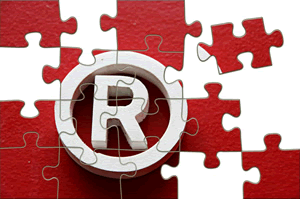Copyright Law
Copyright is the exclusive, legal rights of creators of artistic works to perform, publish, produce, sell, or distribute their works. It's more than "the right to copy," but also includes the right to be credited for the work when someone else gains financially from the use of the work.
Works Protected by Copyright Laws
- Literature
- Music
- Art and sculpture
- Television/Film
- Plays
- Software
International Copyrights
Copyrights have international standards as well as national specifics, and depend on the type of work, whether it's been published, and whether the work was created by an individual or corporation. In the 1970s the Berne Convention for the Protection of Literary and Artist Works set an international standard for copyrights to be a minimum term of the life of the author plus 50 years. Though the US didn't become a Berne Convention signatory state until 1988, the Copyright Act of 1976 provided for the minimum requirements.
US Copyright Law
In 1998, Congress passed the Copyright Term Extension Act. This extended new copyright terms to be the life of the author plus 70 years or 95 total years, whichever is shorter. If a copyright is held by a corporation, the length is 120 years. This new law also extended copyright protection to any work still in copyright in 1998 for an additional 20 years.
Fair Use
Though copyrights do protect creator rights, they do not prohibit all reproduction. Fair Use allows for portions of copyrighted works to be used without payment or permission of the copyright holder.
Fair Use includes:
- Nature of the work
- Purpose and/or character of the work
- How much is actually used
- Economic effect of the market value of the work from the use
Copyright Holders
Copyrights are not solely granted to individual creators. Copyright holders can be companies as the employer of an author or artist. This is called Work for Hire and the company owns all rights. Copyrights can also be transferred to another party and does not have to be total or permanent. Rights may be partially or temporarily granted.
Copyright Attorneys
Copyrights are enforced primarily in the civil courts in the US. Copyright Infringement cases involve proving a work is not original or violates copyright. Through the Berne Convention, copyrights are considered automatic from the time of creation, so registration is not required. However, for enforcement purposes, copyright attorneys can help you with the registration process with the Library of Congress.
If you are seeking help with copyright registration or infringement issues, speak with a copyright lawyer near you for local, specialized help.
Trademark Term of the Day
Trademark Attorney
A trademark attorney is an attorney who specializes in trademark law and matters related to trademark registration.Category: Trademarks
Share this page with a friend
Tweet

